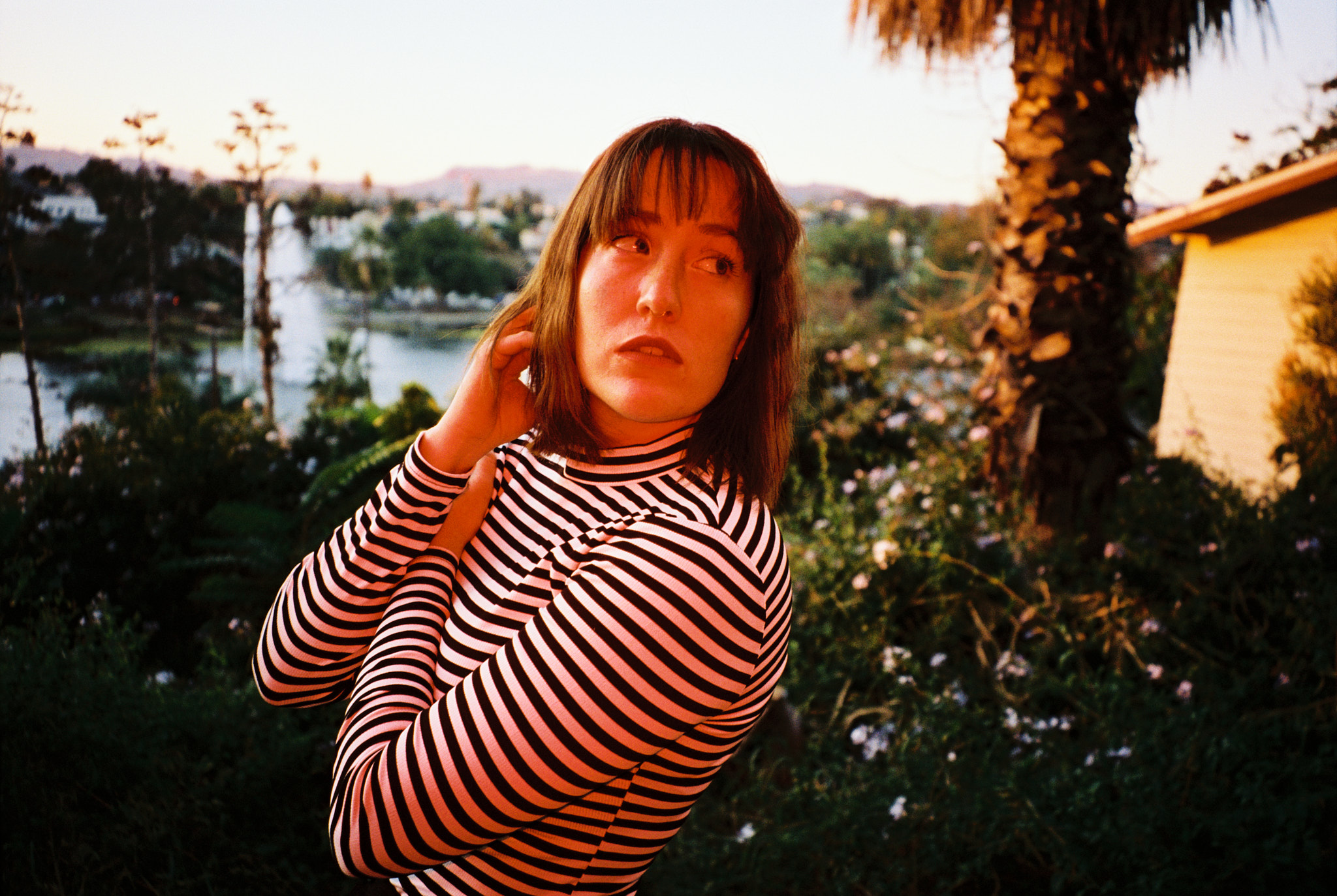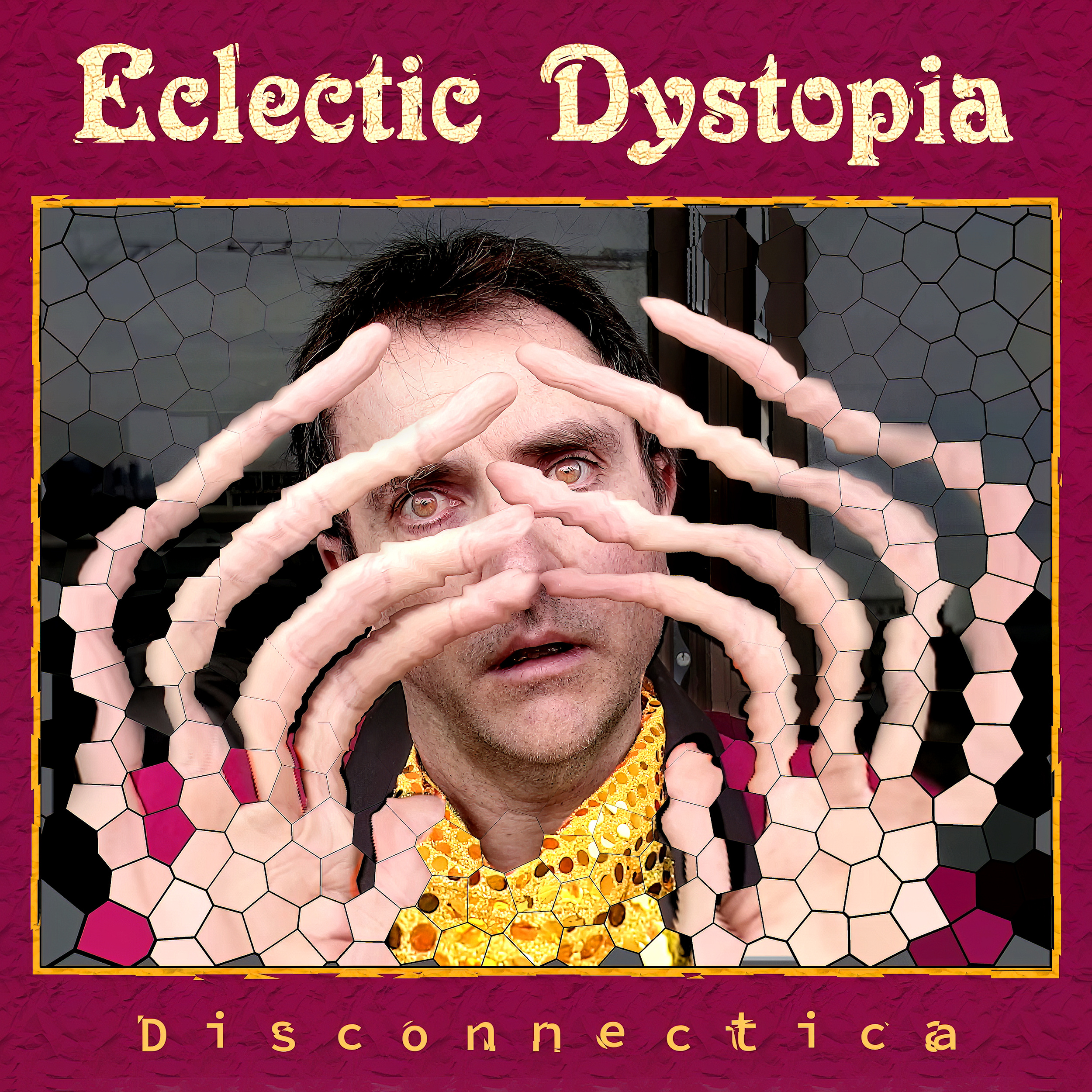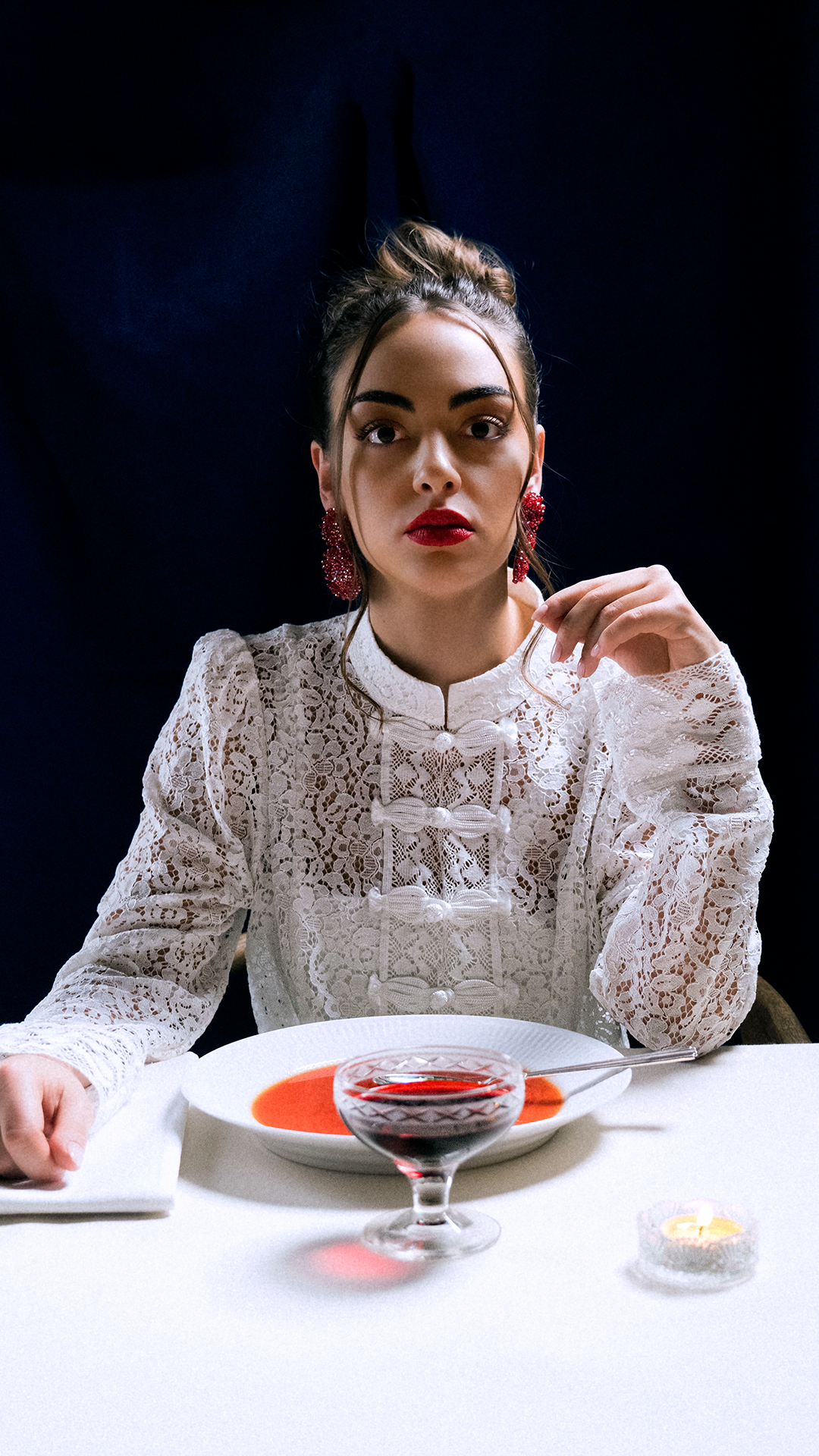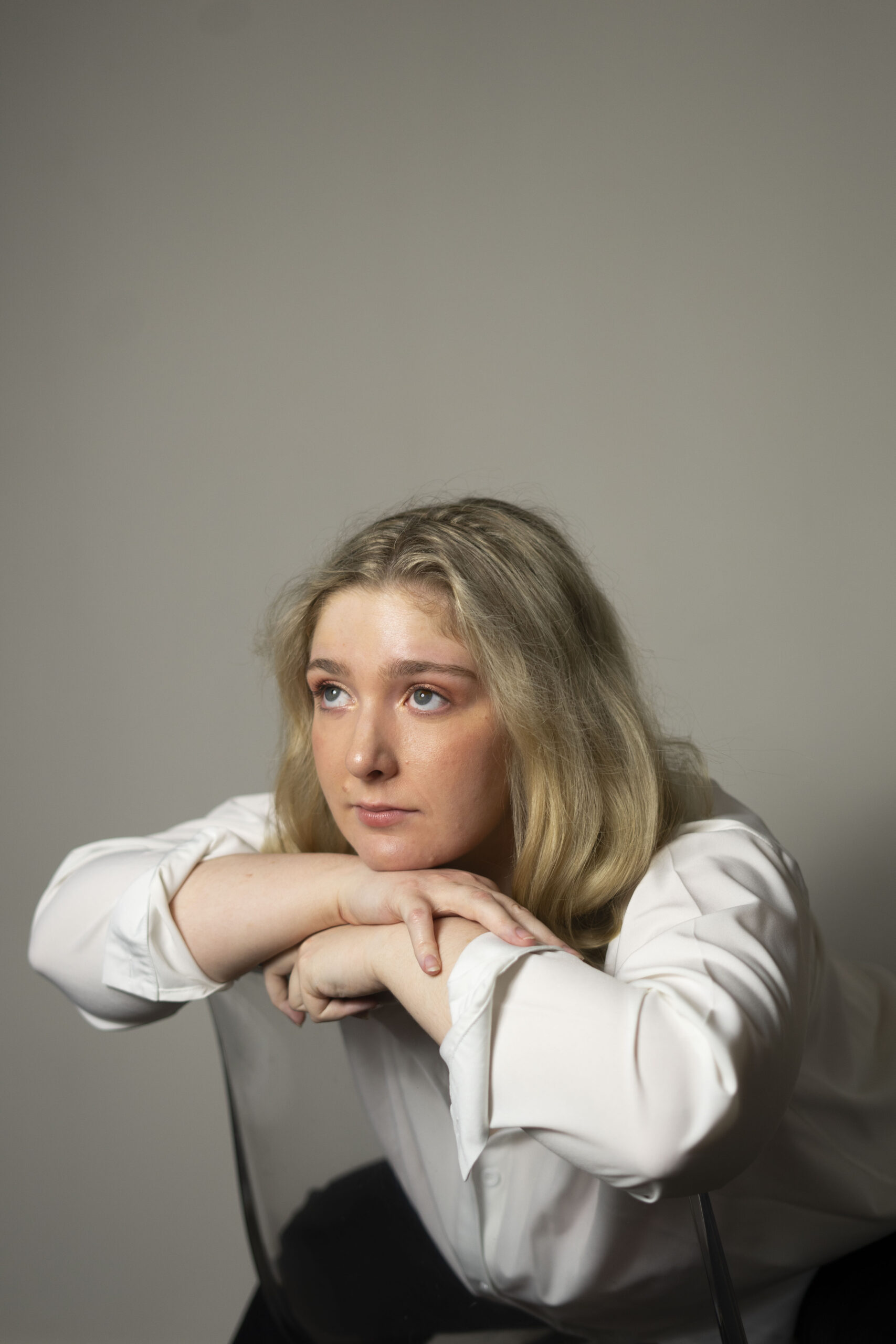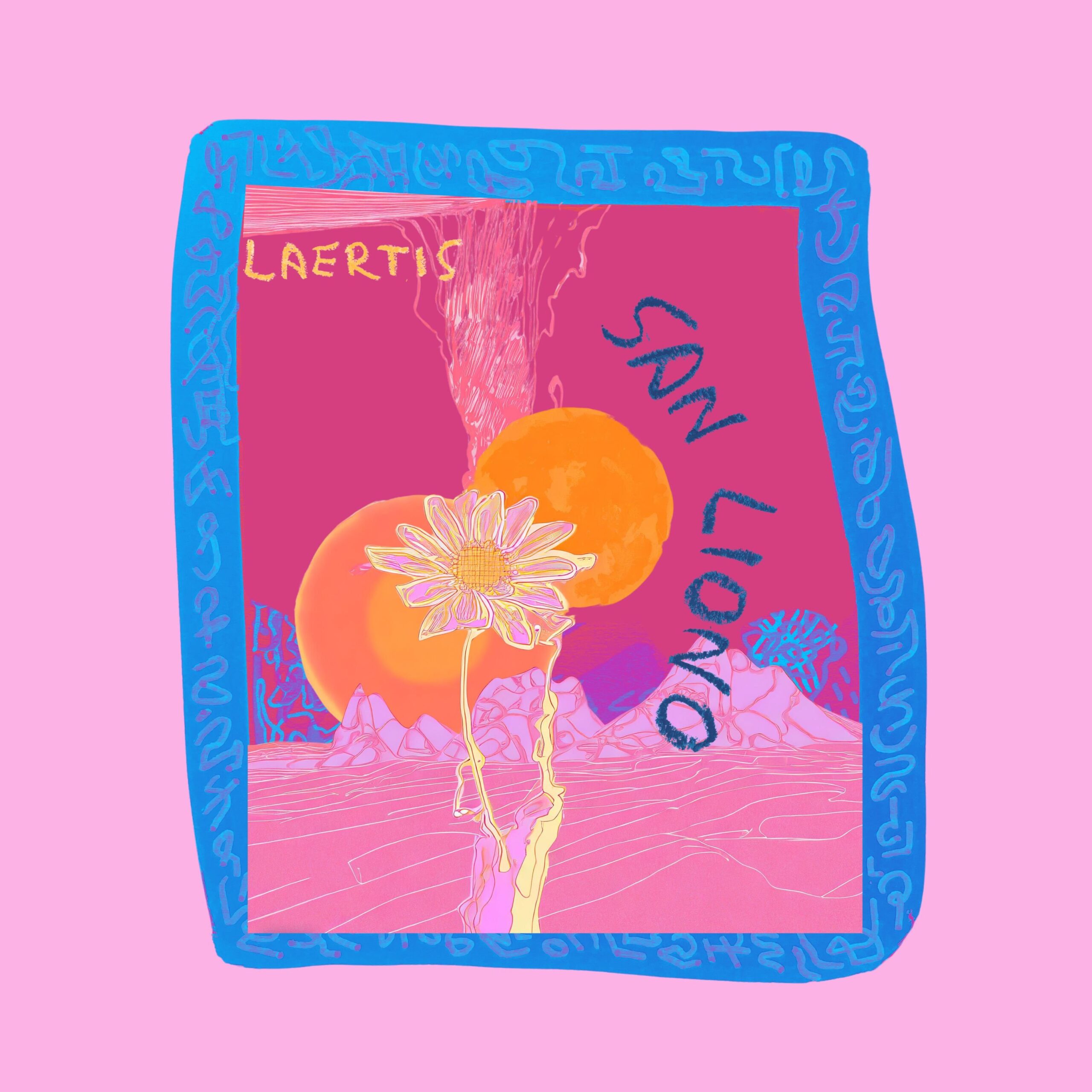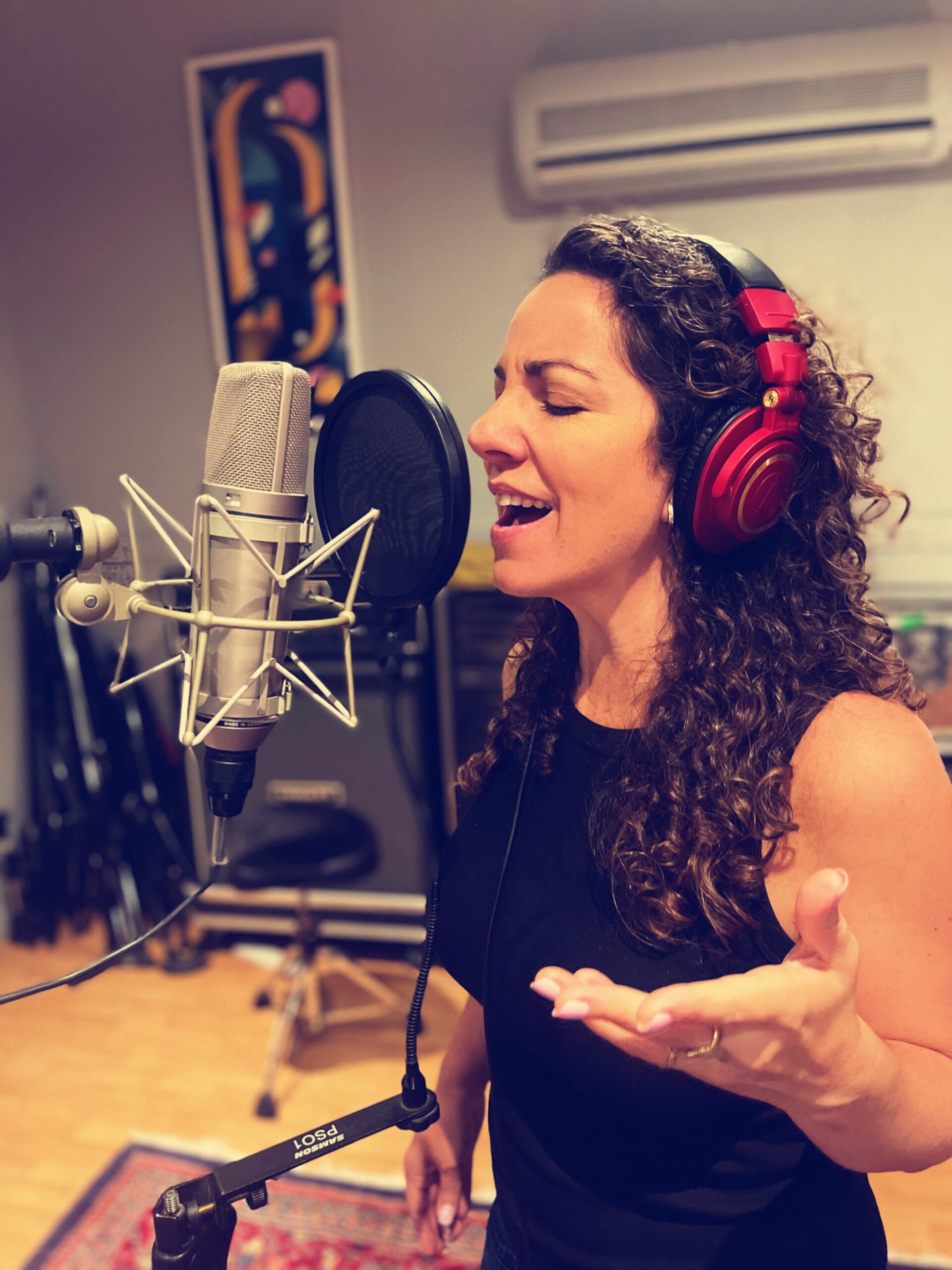
Q: Hi! Can you tell us about the inspiration behind your album “Theoria” and how your artist residency at LSU’s School of Veterinary Medicine influenced its creation?
A: Hello, thanks so much for having me! Last year I was approached by my friend Sandy Sarr about a new residency program she was developing at LSU Vet Med. The idea was to immerse myself in the environment of the school for 5 weeks – with both the practitioners and their animal patients – and create music that centers around the idea of wellness. Sandy invited me specifically as she was aware of my previous compositions which take inspiration from literature, and the idea of taking an abstract inspiration to create music seemed to be a perfect match for what she had in mind for this residency.
Q: “Theoria” is described as a song cycle that translates the environment and work at the veterinary school. How did you go about capturing the essence of this unique setting in your music?
A: At first, Sandy and I scheduled times to meet with various practitioners throughout the school and the hospital. The idea here was to gain insight, information, connection, and trust. I would listen to them describe their work and their personal approaches to wellness, then I would do my best to articulate my intentions as the resident composer. My focus as a composer is heavily dependent on intention, and it’s essential to always be more input than output. To capture the essence of the people and animals at LSU Vet Med, the most important thing was to be with them. And listen to them.
Q: The album features solo guitar and choir arrangements performed by members of the LSU A Capella Choir. What led you to incorporate choral elements into your compositions, and how did this choice enhance the album’s themes?
A: The involvement of the choir was a suggestion from Sandy, actually. Dr Alissa Rowe, the choir’s director, had spoken to Sandy previously about possible involvement – then Sandy suggested that I write for the choir in addition to my usual solo guitar approach. Honestly, this was a highlight for me in the experience. I had never composed for choir before, and I agreed despite being extremely anxious about it. I listen to a lot of choral music and never had the opportunity to explore composing for such an ensemble – so I was able to really stretch my abilities and make an honest attempt. I decided to write for a small ensemble (four parts, 6 vocalists), and compose the harmony on guitar.
The members of the choir were absolutely fantastic and I do believe those pieces made the biggest impact in the project. I believe the impact of combining the exposed solo acoustic guitar lullabies with the rich warmth of the choir provided a feeling of strength through vulnerability. The contrast between human voices and wood and steel also provided a wonderful narrative to my experience at the school. I immediately trusted everyone I met, which is not common. I immediately felt the atmosphere of trust : between practitioners, between patient and doctor. The choir’s involvement allowed me to translate that in a way I would not have been able to do alone.
Q: In the album’s description, you mention creating music that serves both doctors and patients. Could you elaborate on how you aimed to achieve this dual purpose through your music?
A: This music was created specifically to be familiar and wondrous. Familiar in comfort, patience, and calm. Wondrous in curiosity, uncertainty, and trust. To make music for humans and animals, I believe it’s essential to lean into the unknown. In her book, “The Sense of Wonder”, Rachel Carson writes : “It is not half as important to know as to feel. If facts are the seeds that later produce knowledge and wisdom, then emotions and the impressions of the senses are the fertile soil in which the seeds must grow.” I kept this in mind when creating this music. I wanted to provide a music that is equal parts a reminder and a gift.
Q: The album’s title, “Theoria,” has a meaningful connection to its themes. Can you explain the significance of this Greek word and how it relates to the core concept of your music?
A: I titled the music after the Greek word, theoria, which can be translated as “the gaze, to contemplate with the eyes or with the mind”. I thought that was a beautiful way to represent the way animals and humans connect with each other, and care for eachother.
Q: How did your experience at LSU’s School of Veterinary Medicine shape your perspective on empathy and wellness, and how does this come through in your compositions?
A: My perspectives on empathy and wellness have completely changed. Empathy requires much from the feeler. It’s a perfectly balanced mixture of vulnerability, engagement, selflessness, and strength. To be truly empathetic isn’t simply to be considerate or concerned. To be empathetic is to essentially be armored and choose to take the armor off. Wellness is to pursue the equilibrium of mind, body and soul – requiring unavoidable pain, obstacles, victories, and failures. All of which constitute the end goal, and all of which run the full range of emotions. I tried to convey this complexity in the music by not phoning it in with simply relaxing music. Empathy and wellness are two of the most gorgeous elements we enjoy as living creatures – it’s my hope that this music awakens both in the listener whether they are human or not.
Q: Could you share a specific moment or interaction during your residency that had a profound impact on the music you composed for “Theoria”?
A: I composed much of the music while observing patients being treated. This was a way to also see how the patients and doctors would be impacted before and after the music was involved. One moment I value so much was in an osteopathy session with an elderly dog. I was playing early versions of the music on solo guitar on the other side of the room, and the dog slowly walked over and placed the top of their head against the guitar’s body. This was a wonderful moment of connection to me, where the presence of the music was welcome, and closeness was the evidence.
Q: Your background as a musician is quite diverse. How do your previous musical experiences and influences contribute to the overall sound and style of this album?
A: I work as a studio musician in NYC, playing lots of different kinds of music from RnB, rock, folk, country, contemporary classical, etc. I truly enjoy a variety of music as a listener as well. I took a lot of influence from Early Music while composing Theoria – which was another reason the choir suggestion was so wonderful. But I would also say that I take the most musical inspiration from the idea of a lullaby. I believe that brief, simple, melodic form of lullabies is a gateway to the deepest feelings and thoughts. Through brevity, a lullaby redefines time. Through simplicity, a lullaby clarifies intention. Through patience, a lullaby extends hope.
Q: Can you walk us through your creative process when composing music? What techniques or approaches did you use to translate complex emotional and medical themes into your compositions?
A: My composition process is very abstract, and involves much more time away from the instrument than with it. I like to spend a lot of time alone thinking about my subject. I like to talk out loud and hear what I’m thinking, because it usually leads me into new ideas – almost like challenging myself in a different voice. For “Theoria” a few of the pieces were written completely in my mind – I thought about them, then I hummed them. Then I figured out how to play them on the guitar, or wrote them out for the choir. Most of them I wrote while sitting with the guitar and thinking about my day at the school. I would think about interactions between doctors and patients. I would think about conversations with practitioners. I would think about interactions with animals. Then I’d turn the thoughts into sound.
Q: “Theoria” is a unique project with a strong thematic focus. How do you envision your music resonating with audiences, both those familiar with the medical field and those who are not?
A: It’s my hope that this music will be received as an invitation to wonder. Of course I prefer people to like it, but they don’t need to. I hope it’s taken as a genuine translation of wellness, empathy, trust, and purpose.

